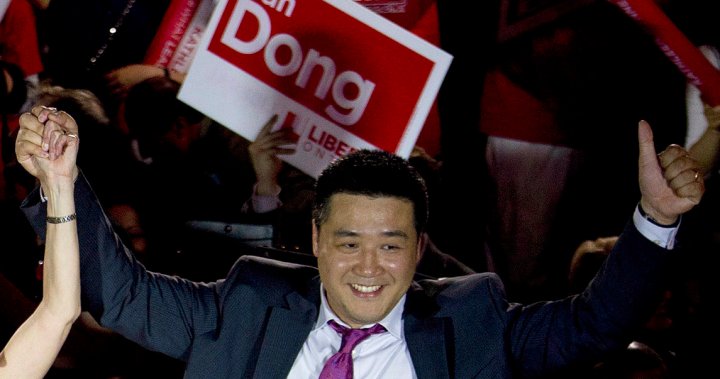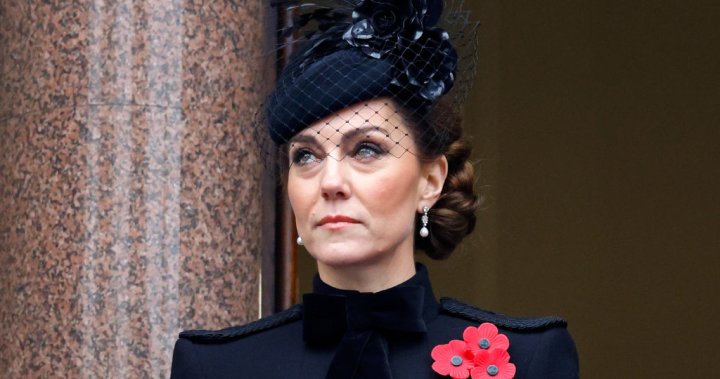Conservative Leader Pierre Poilievre decried what he called the federal government’s “paternalistic” management of First Nations people while vowing economic opportunity as a path to reconciliation.
In his first-ever in-person address to the Assembly of First Nations Annual General Assembly in Montreal on Thursday, Poilievre touched on a range of topics including the carbon price, housing, illegal drugs and crime, but was also confronted for leaving out other key issues in his speech.
“For too long, you’ve been held back by a broken system that takes power away from you and places it in the hands of politicians and bureaucrats in Ottawa,” Poilievre said.
“That’s why I’m committed to ending the Ottawa-knows-best paternalistic system.”
“This idea that … the Ottawa bureaucracy and politicians can manage First Nations people is not only paternalistic and insulting, but it’s proven wrong.”
The Tory leader referred to the 1867 Indian Act, under which most First Nations are governed — unless they have negotiated self-government.
The email you need for the day’s
top news stories from Canada and around the world.
If elected as prime minister, Poilievre said his goal would be to cut the red tape and simplify the funding for First Nations.

He also pledged economic growth — a key campaign promise of his — saying that “if reconciliation means anything, it means saying yes to economic opportunities that First Nations are asking for.”
“Your children can be the richest in the world if we unleash these opportunities and that’s why we will be laser-focused on economic growth and opportunity for First Nations,” Poilievre said.
He also condemned the “terrible crimes” committed at residential schools.
“It was a monstrous abuse of excessive governmental power that cut your children off from their cultures, languages, and traditions.”
During a question-and-answer session after his remarks, Poilievre was confronted by some chiefs about his priorities on Indigenous issues and the actions of Stephen Harper’s Conservative government.
Chief Judy Wilson of Surrey, B.C., called out Poilievre for not mentioning the United Nations Declaration on the Rights of Indigenous People, the issue of murdered and missing Indigenous women and girls or anything about climate change in his speech.
“If you’re working to be the next prime minister in Canada, it tells me you have a lot of education to do on those fronts,” she said.
Poilievre said the Conservatives will work to redress “past injustices and discrimination” in the child-welfare system and resolve “other outstanding issues.”
“We believe that economic reconciliation is part of social progress,” he said.
— with files from The Canadian Press
© 2024 Global News, a division of Corus Entertainment Inc.





